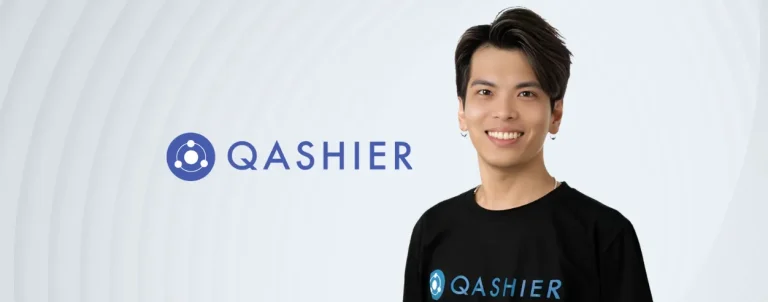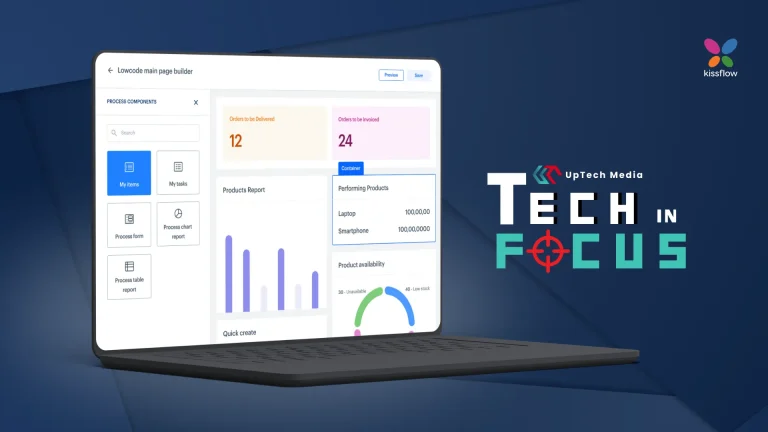Singapore – New research from HubSpot, a customer relationship management platform, revealed that companies in Singapore are grappling with insufficient quality data and a disjointed tech stack as they navigate the rising costs and competition in the market.
According to the report, go-to-market teams are also struggling to keep up due to intense competition, leading to increased costs to reach prospects and customers and channel saturation. Tech stacks, in return, are also falling short.
Furthermore, it was also observed that almost half of the respondents indicated high costs (44%) as the top challenge, noting 22% of them saying it’s the biggest challenge they are facing.
The survey also reported intense competition (39%), rising costs of reaching prospects and customers (35%), and channel saturation (34%), which are influencing the ability of Singapore businesses to effectively attract and retain customers, potentially limiting their growth potential.
Meanwhile, the inability to compete against their peers could create additional pressures on Singapore businesses, particularly with the country recently ranked the world’s most competitive economy worldwide.
Additionally, findings indicate that 43% of the respondents agree that their data and systems are effectively interconnected to provide a cohesive and comprehensive view of their customers.
According to the firm, this can significantly increase complexity in managing customer interactions and experience, with the average business in Singapore needing to switch between more than 50 distinct applications just to manage customer interactions.
Therefore, many businesses may struggle to gain a consolidated view of their customers, leading to disconnected data and a suboptimal customer experience.
An overall lack of quality data could also have had an impact on local adoption of AI-powered tools. Based on the survey, approximately 77% of Singapore businesses felt they did not have enough data or the right data to make their AI usage effective. Perhaps as a consequence, about 34% have not ‘started talking about generative AI at all’.
In addition to the report, HubSpot has also announced the launch of Breeze, the latest AI that includes (1) a copilot for streamlined tasks and workplace productivity; (2) four AI agents to get work done fast, from start to finish, including content agents, social media agents, prospecting agents, and customer agents; and (3) 80 more features embedded across the platform, from remixing content to predicting sales forecasts.
Part of the releases also encompass the newest Breeze Intelligence, a HubSpot’s data enrichment and buyer intent solution. Breeze Intelligence includes (1) data enrichment, which pulls from a database of over 200 million buyer and company profiles to enrich company and contact records in HubSpot’s Smart CRM; (2) buyer intent to help customers identify which prospects are best fit; and (3) form shortening to increase conversion by automatically adding information Breeze Intelligence already knows.
The company also unveiled new updates to its marketing hub and content hub, such as (1) content remix for video, which uses AI to turn a single video into a full campaign of clips, audio, and written content; (2) lead scoring to find high engagement, high-fit prospects; (3) Google Enhanced Conversions to leverage first-party conversion data from HubSpot to improve campaign performance; and (4) a marketing analytics suite, which brings all marketing metrics and reporting in one place to improve campaigns and get results faster.
“Needing to switch between more than 50 applications to manage customer interactions is not only detrimental to efficiency but could also lead to inaccuracies as businesses try to align insights across disparate data sources. Having a single source of truth for customer data is essential to build and maintain meaningful customer relationships,” said Dan Bognar, vice president and managing director of JAPAC at HubSpot.
“Technology can give businesses a helping hand; however, our findings show that data connectedness and a unified tech stack are presenting significant opportunities for local businesses looking to improve prospecting and customer retention,” continued Bognar.
“Operating in the world’s most competitive economy is no easy feat, requiring a delicate balance between managing increasing costs while delivering an impactful customer experience. At HubSpot, we are committed to equipping businesses with applications that are easy to use, fast to implement, and delivered on a unified platform. This helps to align marketing, sales, and service teams with a unified view of their customers,” he further said.












